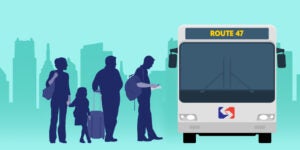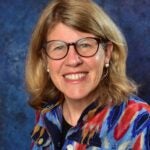How a young Puerto Rican activist is building political power in Philadelphia
Philly Boricuas is a young organization seeking to build more power for Philadelphia’s growing Puerto Rican community.
This story is part of The 47: Historias along a bus route, a collaboration between WHYY’s PlanPhilly, Emma Restrepo and Jane M. Von Bergen.
This article is written in English. To read this article in a combination of English and Spanish, click or tap here o para leer este artículo en español, haga clic o toque aquí.
Election Day has come and gone. The voting machines packed up, the ballots sorted and counted. For the Boricuas of Puerto Rico, though, the 2020 election was something to watch, not participate in.
The Caribbean island is a territory of the United States with a population of American citizens who pay most federal taxes and travel freely within the U.S. without a password. Yet these American citizens cannot do what the rest of America’s citizens did on Election Day. By law, Boricuas who live on the island cannot vote for their President, the President of the United States.
That’s why Puchi De Jesús, a young activist who grew up in Puerto Rico and moved here in 2019, wants to increase political involvement among Latinos in her new home, Filadelfia.
“It is very important,” she said, “that the Puerto Rican community participate and exercise their vote as members of the Puerto Rican diaspora because our relatives on the island do not have the right to vote for the president of the United States.”
De Jesús, who lives in South Philadelphia, is a founding member, or miembro fundadora, of Philly Boricuas. The group began in the summer of 2019 to rally Puerto Ricans here to support the removal of Puerto Rican Governor Ricardo Rosselló after homophobic, misogynistic and cruel comments he made in a group chat were leaked to the media. In Puerto Rico, millions of people protested, at one point closing an 11-lane highway. What particularly angered the protesters, there and in the diaspora, was the government’s mismanagement after Hurricane María, which led to the deaths of more than four thousand people. The protests did not stop until Rosselló left office on August 2, 2019.
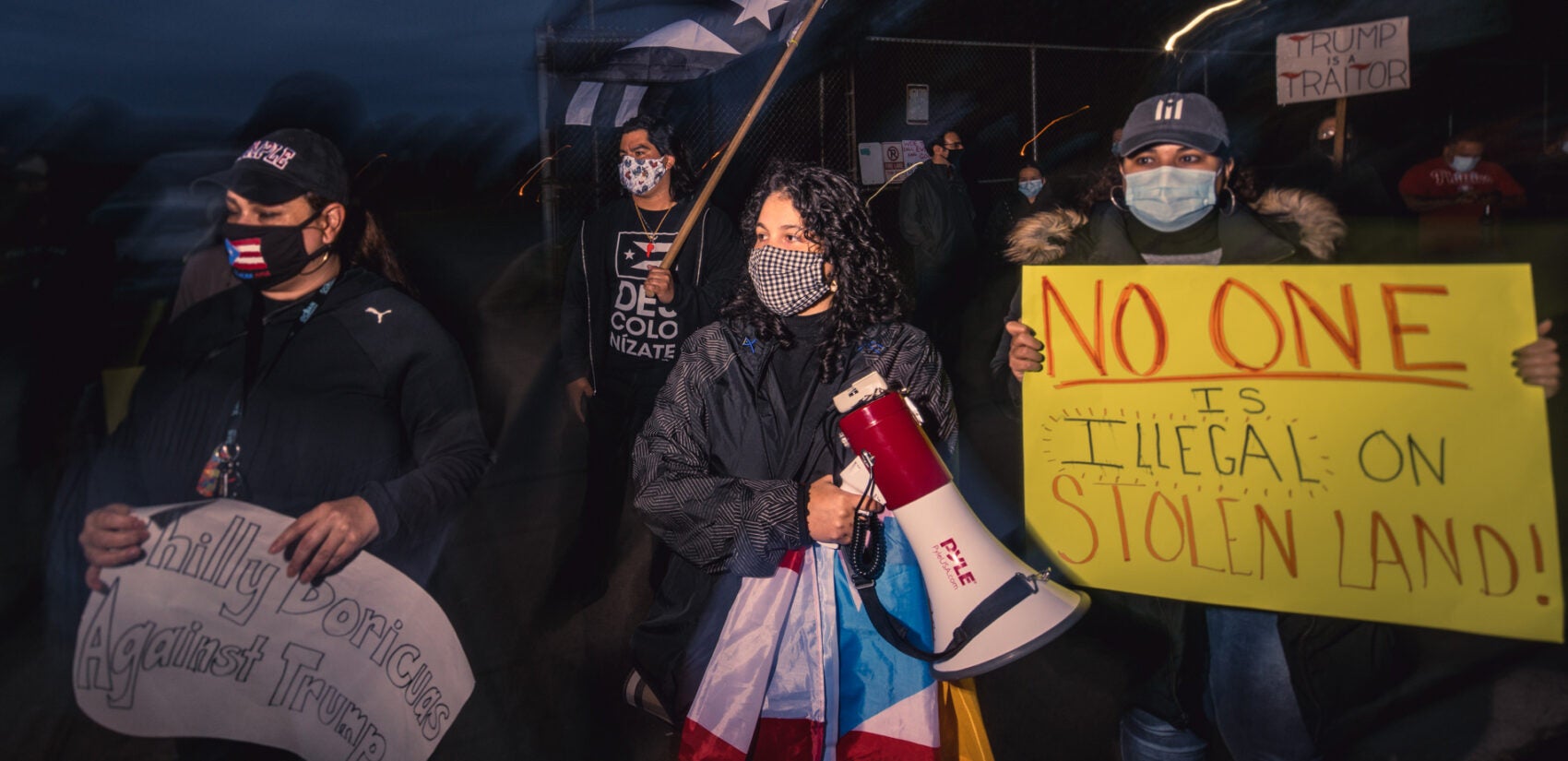
On that same day, Boricuas converged on Fairhill Square in North Philadelphia — many traveling there on SEPTA’s Route 47 bus — to celebrate. But that event wasn’t the end for Philly Boricuas or for De Jesús and her fellow organizers, Adrián Mercado, Adrián Rivera Reyes, Vanessa María Graber, Charito Morales, Fermín Morales, Ami Aviles, and Michael Collazo.
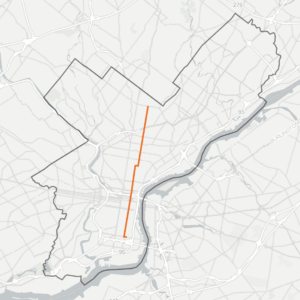
“We started to say that this was something that had to continue,” De Jesús said. “This had to go beyond `Ricky Resigns.’ We think that we must continue here in the city of Philadelphia, continue educating ourselves, bringing information and connecting the city with the people of the Island.”
De Jesús says voting isn’t only about affecting change on the island — it’s also about making change in Philadelphia.
“The Puerto Rican community here in Philadelphia has been largely abandoned by the local government,” she said. “It is important that Puerto Ricans come out and vote …when there are policies at the local level and laws that are going to be passed, that are going to affect us as a community here. It is very important that the community does not allow itself to be manipulated and that it does not allow itself to be trampled on.”
De Jesús sees two primary barriers that keep Latinos from participating in politics – language and knowledge of how the system works.
“If you don’t know anything about how politics run in this country, then how are you going to start changing it?”
Education is the answer, and it’s best if it starts in the home, as it did for her, growing up in Puerto Rico. Her father, Ecuadorian-born and raised in the United States, believed passionately in the American Dream.
“‘You are American, you are not Puerto Rican,’” he would tell her. “`You have an American passport.’”
On the other hand, her mother taught her to be proud of her Puerto Rican roots and fight for her heritage and justice.
“On my mother’s side,” De Jesús said, “my Puerto Rican family has always been very involved in the Puerto Rican sovereignty movement for Puerto Rican independence.”
At home, “politics was always involved when I was growing up,” De Jesús said.
In Philadelphia, it’s important that children learn how to interact with the political system as jóvenes, De Jesús says. Philly Boricuas was working to develop educational programs but switched to raising money to help islanders after Hurricane Maria hammered Puerto Rico. Even so, the goal of political education has not disappeared.
“It starts from home,” she said. “Many of us do not begin to educate ourselves in politics until we are adults and we are lost and we do not know what to do and we do not know where to run. I believe that it is very important that from a young age, one begins to learn how the world runs.”
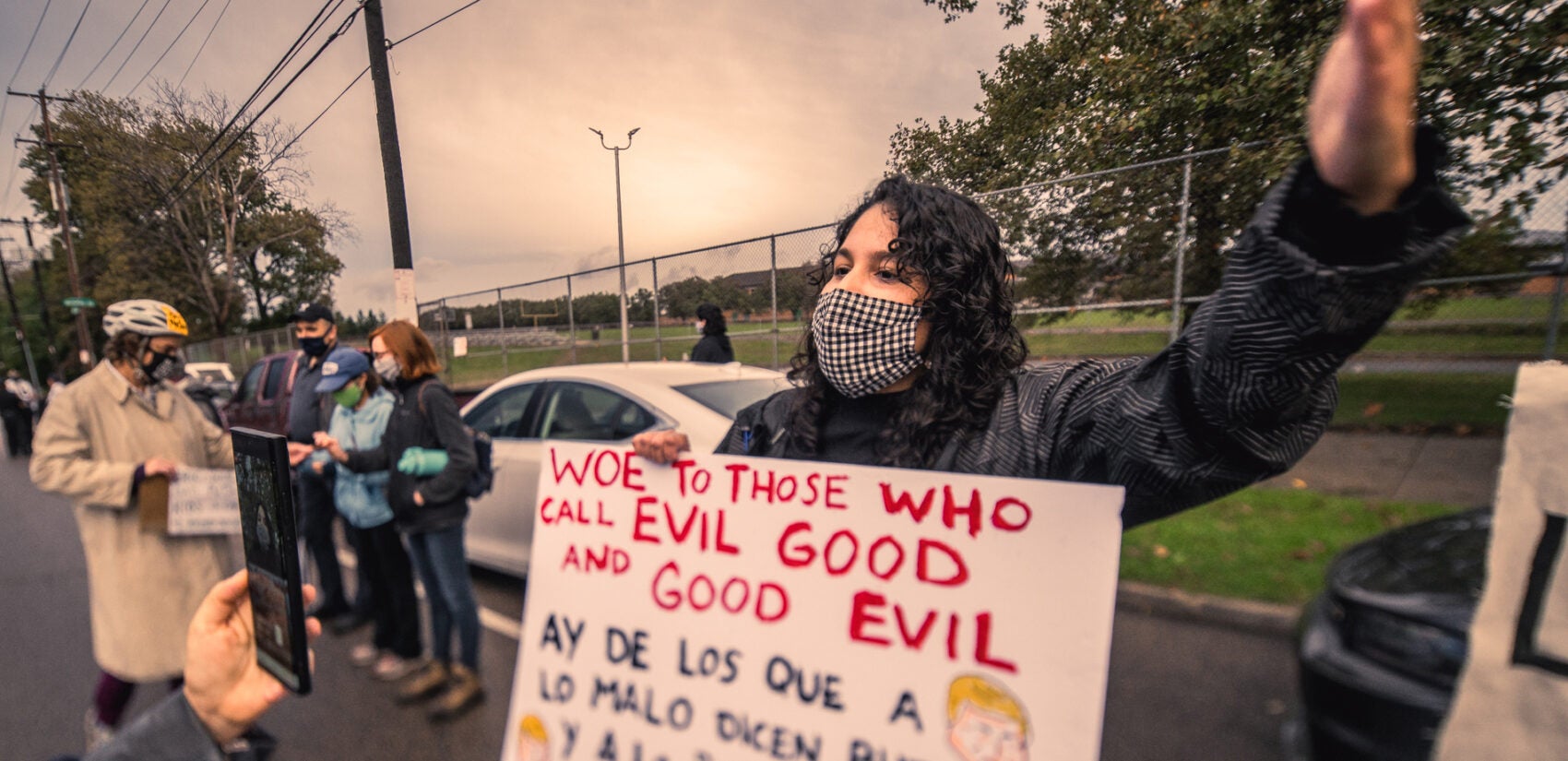
“How are we going to say we need Latino representation in government and politics when we don’t even know where to start? And those doors are closed.”
Sometimes, De Jesús says, Latinos who gain political education and power are unwilling to share it.
“They want to be the only representatives of the Latino community,” she said. “Instead of opening the doors and inviting the rest of the Latino community to get to the place where they are, they close the doors and do not educate and do not let the people know how things are.”
Philly Boricuas is small – it has no place to meet, no bank account, no dinero. When the organizers need to buy something, they pool their own money. In Puerto Rico, the phrase is hacer un serrucho, or “make a saw,” one of those expressions that doesn’t quite translate.
De Jesús believes that someday, Philadelphia Latinos will be able to marshall enough power to elect a Latino mayor, or alcade, along with other Latino government officials. But, she said, those people will have to represent the entire variety of Latinos, not just the people from one country or another.
“We have the power to make real changes — even more so if we come together,” she said. “We have to leave [behind] the divisions among races, languages and countries. This thing of Puerto Ricans against Dominicans, Cubans against whomever — it cannot continue like this.”

While there are differences, Latinos in Philadelphia share common concerns about poverty, crime, and in many cases, immigration policies, although immigration is not as pressing for Puerto Ricans.
“We are all affected by poverty, by crime,” De Jesús said. Even though the Puerto Rican community is not as impacted by immigration issues, “the rest of the Latino community is greatly affected by immigration policy. It is something in which we are all being affected and we must unite.”
“We must help each other because if we are divided we will fail and we will not be able to overcome the problem,” she said. “And this is how they want us. They want us divided because if we are divided they can dominate us.”
The way to overcome divisions and domination is through knowledge, or conocimiento, and that is part of Philly Boricuas’ goal – to educate Puerto Ricans here about issues on the island and its history while helping Puerto Rico move toward independence.
“Give a voice to the Puerto Rican community and educate it, so that it knows the problems of the island of Puerto Rico. As that happens, we also help the independence of Puerto Rico,” De Jesús said. “Our education is political education about the history of Puerto Rico, about the beautiful and ugly truths. We want to educate people to fight for the freedom of Puerto Rico.”

Subscribe to PlanPhilly
WHYY is your source for fact-based, in-depth journalism and information. As a nonprofit organization, we rely on financial support from readers like you. Please give today.


